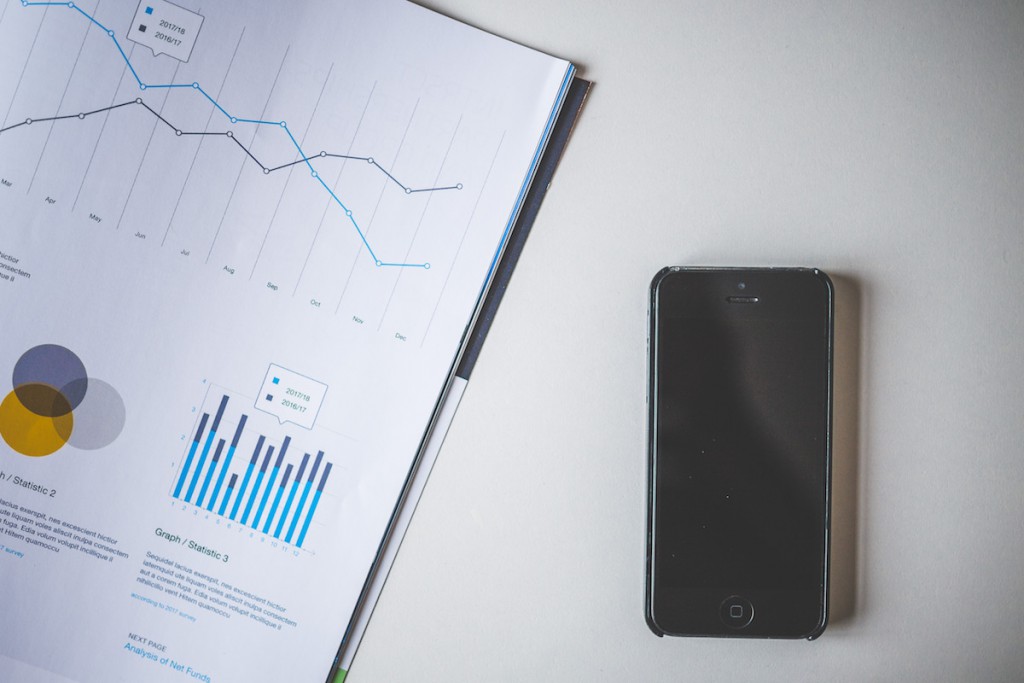What is big data?
Historically, it is defined as anything that becomes unwieldy to manage… think more than terabytes of data, maybe exabytes.
However, big data is starting to be used as a term to describe many kinds of business intelligence and business analytics activities. For most of our corporate marketing and communications clients, it's not the terabytes that are the problem – it's being able to use this overwhelming flood of data, and the difficulty of integrating disparate data streams with not enough time to create and maintain proper reporting structures.
In many cases, the promises of big data have gone unfulfilled.
Marketing campaigns still miss their audiences and companies still struggle to predict exactly how well products and services are going to perform. What’s more, big data zealots have had their noses bloodied on more than one occasion, forcing us all to realize the solution to our problems might not actually be found in a server farm.
Yet the promise still remains, and now we’re racing full steam ahead towards a brighter, data driven future: the Internet of Things (IoT) continues to develop, our ability to deal with large amounts of data increases every day, the personnel needed to leverage big data into something useful is being trained and deployed from the world’s universities, and, with the help of digital transformation, data-driven decision making has pervaded all but the most resistant industries.
If your business hasn't yet found a use for big data, there has never been a better time to seize the opportunity.
Here are three ways big data might help your business.
1. Real-time resource tracking

One of the least complicated and most practical applications of big data in both the public and private spheres is its ability to track resources in real time.
This simple idea has proven difficult for most industries to implement at any level of scale. But the benefits are pretty clear:
- Getting your team and resources where they need to be when they need to be there
- Truly just-in-time inventory
- Optimize processes over time: for example, if you ran a delivery company, tracking your driver’s time would help you optimize routes
It’s not just private enterprise that stands to gain from adopting real time resource tracking, though. National, local, and city governments all engage in extensive resource allocation every day, deciding how best to spend public money on everything from garbage collection to police and firefighters. Better resource tracking, – for example, tracking how full a garbage bin is – means you can apply just-in-time manufacturing solutions to services.
2. Learn what people actually think
We still struggle to figure out what customers want and like. And there’s no united way to think about this.
Some argue to give the customer what they want. Others say give the customers what they’re going to want tomorrow. And still more subscribe to the ‘build it and they will come’ ethos, which is basically, give customers what YOU want to provide.
But even brands who have established a presence within a niche can be prone to misreading the room, so to speak (New Coke, anyone?)
Big data analysis of survey responses, social media data, and other attitudinal signals can inform you about sentiment towards your offering, allowing you to adjust your product/service, marketing and communication strategy, and overall brand value based on what people are saying.
3. Track and predict market trends

One of the most significant applications of big data is its ability to accurately predict market trends.
One of the best examples of this is the music app Shazam, that uses data gathered from its users to help record companies predict the next big sub-genre.
This sort of data application will become increasingly mainstream. Other companies and industries can benefit in a similar way by compiling millions of insignificant data points to predict what’s going to be big next year, or helping to shape supply chains.
Traditionally, this sort of forecasting has been done behind the hazy walls of companies like The Doneger Group, providing broad but accurate prediction services to whole industries.
But with more and more companies having both the data and the ability to do something with it, more and more are positioned to make their own market trend predictions that are specific to their company (or resell to others).
Summary
Big data has been a buzzword and a pipe dream for businesses and governments alike for the last 10 years. But now, it looks like we’re finally in a place when everyone can make use of it. We’ve got the infrastructure, we’ve got the personnel, we’ve got the demand. And increasingly, we’re going to have the pressure to do more with less.
If your business hasn't yet found a way to make informed decisions based on your organization's data, now is the time to prioritize it, possibly as part of a larger digital transformation project.
In the near future, we expect to see many more companies take a big step towards utilizing big data to make strategic and tactical business decisions – and watch those who don’t fall by the wayside.
